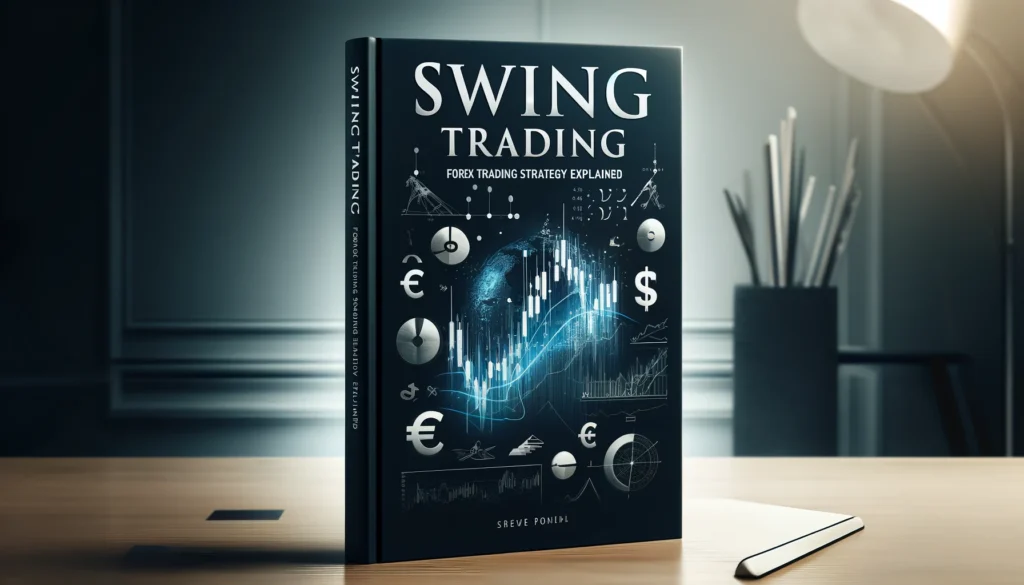Scalping is a popular forex trading strategy designed to capture small price movements within a short time frame. This approach involves making numerous trades throughout the day, aiming to accumulate small profits that can add up to significant gains over time. In this article, we will delve into the intricacies of scalping, its advantages and risks, and how to implement this strategy effectively.
What is Scalping?
Scalping is a high-frequency trading strategy that focuses on exploiting minor price changes. Traders, known as scalpers, hold positions for a few seconds to a few minutes, making multiple trades daily. The goal is to achieve small, consistent profits that compound over time.
Key Components of Scalping
Time Frames
Scalping operates on very short time frames, typically ranging from one to five minutes. The shorter the time frame, the more trades can be executed, increasing the potential for profits.
Small Price Movements
Scalpers aim to capture small price movements, usually a few pips per trade. This requires precise entry and exit points, as even minor market fluctuations can impact profitability.
High Trading Volume
Due to the small profit margins per trade, scalpers rely on high trading volumes. Executing a large number of trades increases the chances of accumulating substantial profits.
Advantages of Scalping
Quick Returns
One of the main advantages of scalping is the ability to achieve quick returns. Trades are executed and closed within minutes, allowing traders to realize profits rapidly.
Reduced Exposure
Since positions are held for a short duration, scalpers face reduced exposure to market risks. This can be particularly advantageous in volatile markets where prices can change rapidly.
Flexibility
Scalping can be applied to various forex pairs and market conditions. Traders can adapt their strategies based on market trends and liquidity.
Risks of Scalping
Transaction Costs
Frequent trading results in higher transaction costs, including spreads and commissions. These costs can eat into profits, making it essential to choose a broker with low fees.
Emotional Stress
The fast-paced nature of scalping can lead to emotional stress and fatigue. Traders must remain focused and disciplined to avoid impulsive decisions.
High Risk
Scalping involves high risk due to the large number of trades and the small profit margins. A single loss can wipe out multiple gains, making risk management crucial.
How to Implement Scalping Effectively
Step 1: Choose the Right Broker
Select a broker that offers low spreads, fast execution, and minimal slippage. A reliable broker ensures that your trades are executed at the desired price levels.
Step 2: Use Technical Analysis
Scalping relies heavily on technical analysis. Use indicators such as moving averages, Bollinger Bands, and the Relative Strength Index (RSI) to identify entry and exit points.
Step 3: Monitor Market Conditions
Stay informed about market news and events that can impact forex prices. Economic indicators, central bank announcements, and geopolitical events can create opportunities for scalping.
Step 4: Set Clear Entry and Exit Points
Define your entry and exit points before executing a trade. Use limit orders and stop-loss orders to automate your trades and minimize emotional interference.
Step 5: Practice Risk Management
Implement strict risk management rules. Never risk more than a small percentage of your trading capital on a single trade. Use stop-loss orders to limit potential losses.
Popular Scalping Strategies
Moving Average Crossover
The moving average crossover strategy involves using two moving averages, one short-term and one long-term. When the short-term moving average crosses above the long-term moving average, it signals a buy. Conversely, when the short-term moving average crosses below the long-term moving average, it signals a sell.
Bollinger Bands
Bollinger Bands consist of a moving average and two standard deviation lines. Scalpers use Bollinger Bands to identify overbought and oversold conditions. When the price touches the upper band, it may indicate a selling opportunity, while touching the lower band may indicate a buying opportunity.
RSI Divergence
The Relative Strength Index (RSI) measures the speed and change of price movements. RSI divergence occurs when the price makes a new high or low, but the RSI does not confirm the move. This can signal a potential reversal, providing a scalping opportunity.
Tools and Resources for Scalping
Trading Platforms
Platforms like MetaTrader 4 (MT4) and MetaTrader 5 (MT5) offer advanced charting tools, technical indicators, and fast execution, making them ideal for scalping.
Economic Calendars
Websites like Investing.com provide real-time economic calendars with upcoming data releases and their expected impacts. This helps scalpers stay informed about market-moving events.
Trading Communities
Join trading communities and forums to share strategies, gain insights, and stay updated with the latest trends. Websites like Forex Factory offer valuable resources and discussions.
Tips for Successful Scalping
- Stay Disciplined: Follow your trading plan and avoid impulsive decisions. Discipline is crucial for long-term success.
- Keep Learning: Continuously educate yourself about new strategies and market developments. Adapt your approach based on market conditions.
- Practice Patience: Wait for clear signals before entering a trade. Avoid chasing the market or overtrading.
- Monitor Performance: Regularly review your trades to identify strengths and weaknesses. Adjust your strategy as needed to improve performance.
Conclusion
Scalping is a dynamic and challenging forex trading strategy that requires discipline, quick decision-making, and a deep understanding of market conditions. By following the steps and strategies outlined in this article, you can enhance your scalping skills and increase your chances of success. Remember to manage risks effectively, stay informed, and continuously refine your approach.


